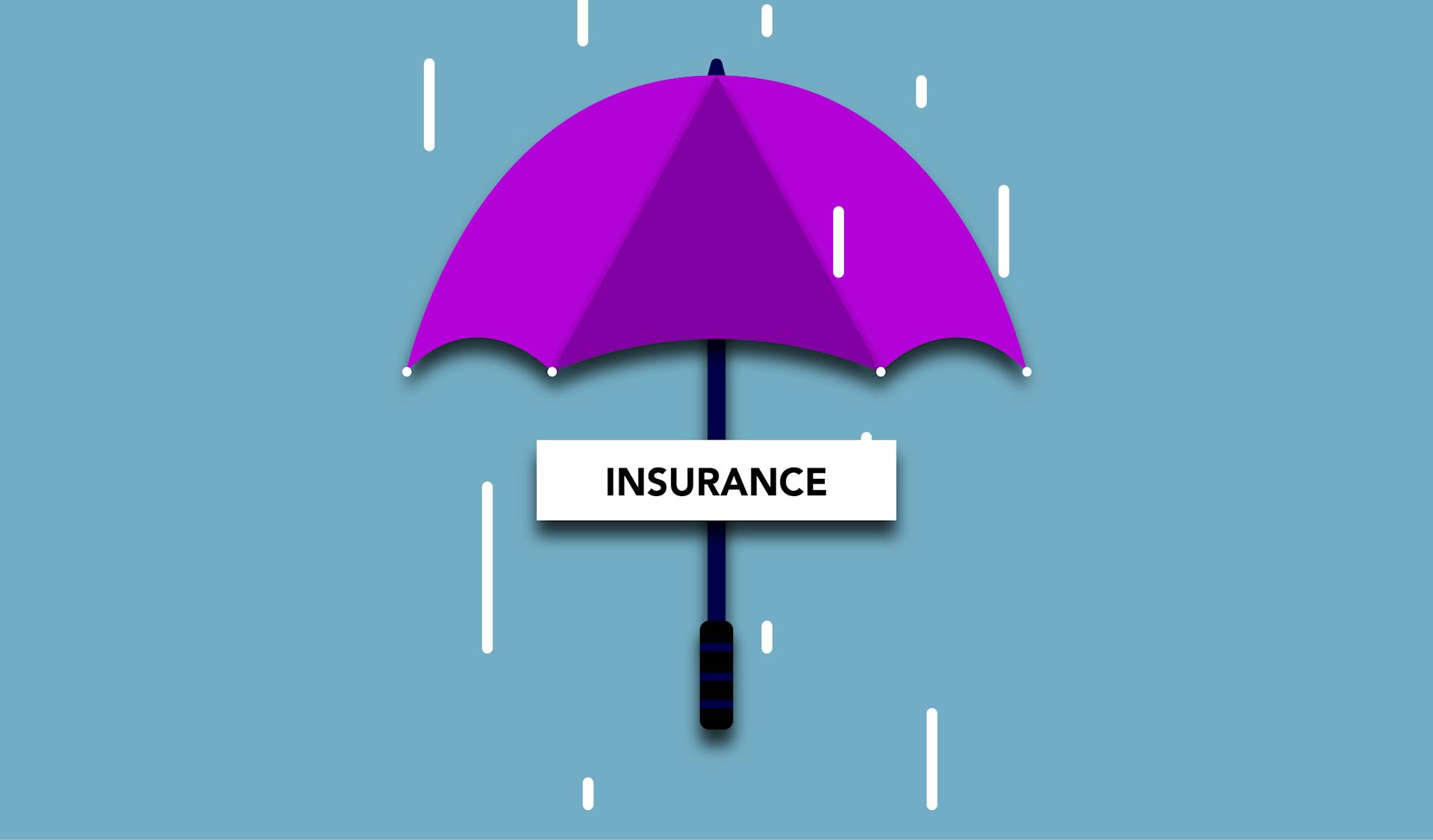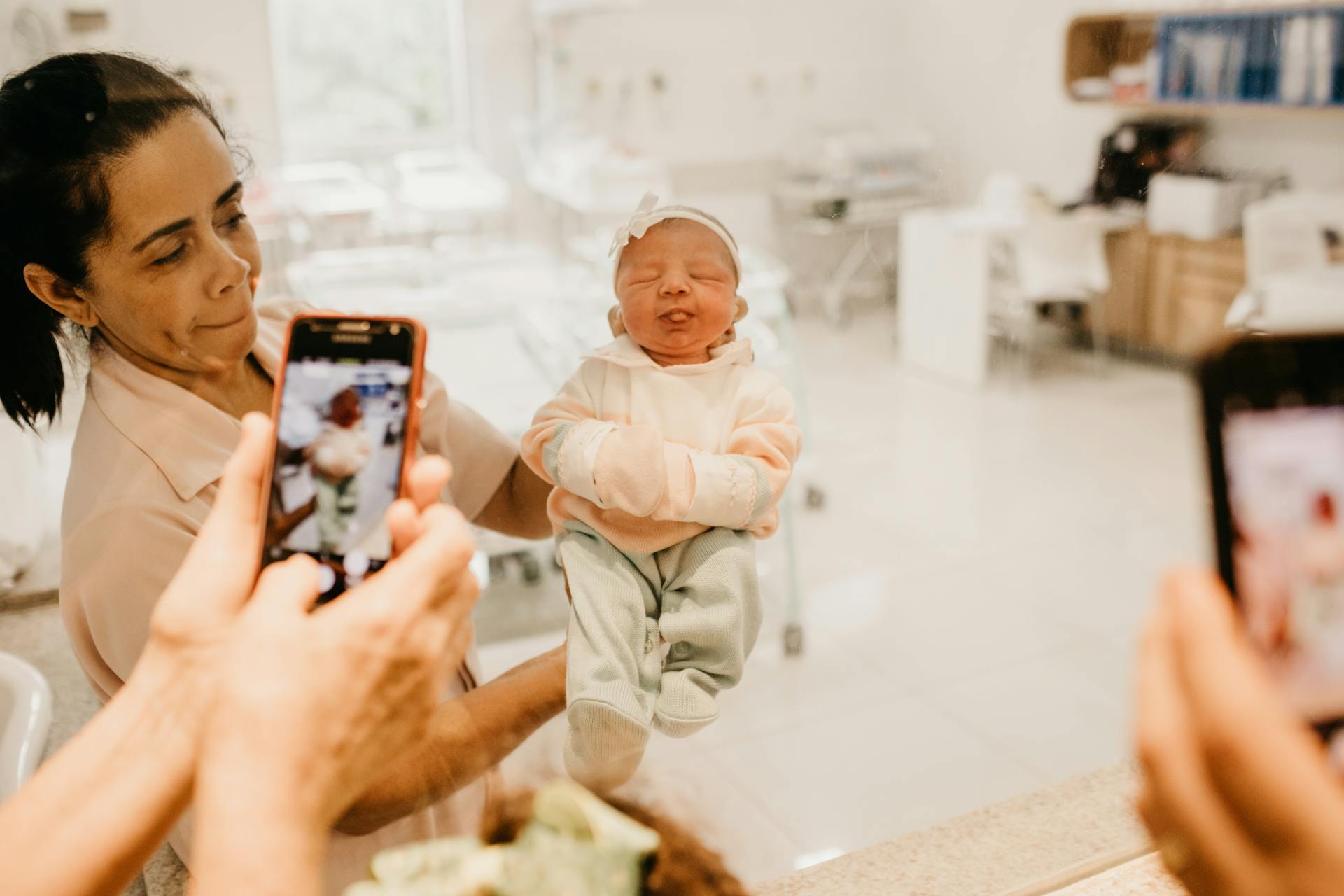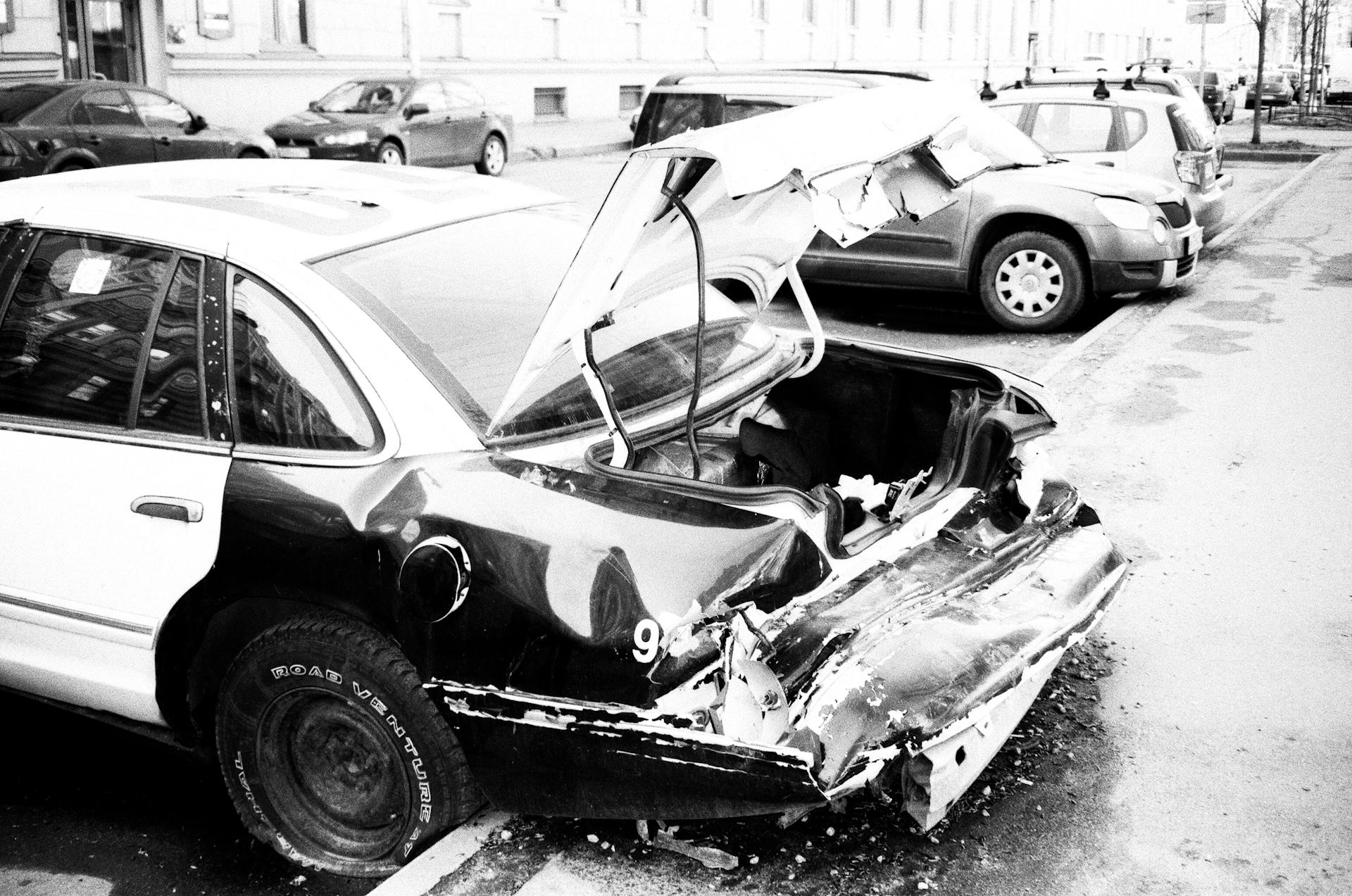
Coverage E, also known as Personal Liability, is a crucial aspect of your homeowners or renters insurance policy. It protects you financially in case you're held responsible for someone's injuries or property damage.
This coverage is often misunderstood, but it's essential to understand its purpose. It's designed to safeguard your assets, including your home, savings, and other valuables.
If you're sued for damages, Coverage E can help cover legal fees, court costs, and any resulting judgments. This can be a lifesaver if you're involved in a lawsuit.
Key Concepts
Personal liability insurance is a must-have for anyone who wants to protect their assets. It provides protection against claims resulting from injuries and damage to other people or property.
Typically, personal liability insurance is included in a homeowners policy, but it can also be purchased separately. This means you can choose to add it to your existing policy or buy it as a standalone coverage.
Additional reading: Does a Liability Only Auto Policy Need Uninsured Motorist Coverage
Umbrella insurance policies are a great way to get additional personal liability coverage. They kick in after your homeowners coverage is exhausted, providing extra protection when you need it most.
Here are the key benefits of personal liability insurance:
- Provides protection against claims resulting from injuries and damage to other people or property
- Can be purchased separately from a homeowners policy
- Umbrella insurance policies provide additional coverage when your homeowners policy is exhausted
How Much Coverage?
When deciding on the right amount of personal liability coverage, you'll want to consider your net worth. Many insurers offer coverage limits starting at $100,000, but you may need more than that if you have significant assets.
A good rule of thumb is to take out a policy worth double your net worth. For example, if your total net worth is $150,000, you should opt for at least $300,000 in coverage to fully protect your assets.
You'll also want to consider the risks associated with your property. If you own a swimming pool or trampoline, you may want to raise your personal liability coverage limit to offset the increased risk.
Here are some common coverage limits to consider:
Ultimately, the right amount of personal liability coverage for you will depend on your individual circumstances. Be sure to discuss your options with your insurance carrier or agent to determine the best coverage for your needs.
What Is Covered
Personal liability coverage is designed to protect you and your loved ones from financial losses due to accidents or injuries that aren't your fault. You could be covered for medical expenses, lost wages, and pain and suffering if a guest accidentally injures themselves on your property.
Some common scenarios that personal liability coverage can help with include dog bites, slips and falls, multi-car collisions, and fires caused by negligence. Homeowners policies usually provide a maximum of $100,000 to $300,000 in personal liability coverage.
If you or a family member accidentally damages someone else's property, liability insurance can help protect you. For example, if your child breaks a neighbor's window while playing baseball, personal liability can help pay to repair or replace the damage up to your policy limit.
Liability coverage may also apply away from your home, assuming you're found legally liable. For example, if you or a family member accidentally injures someone in the park, your homeowners liability insurance can help cover the person's medical bills, as well as pay for legal costs if you're sued.
Here are some examples of incidents that may be covered by personal liability insurance:
- Injuries on Your Property
- Injuries Away From Your Property
- Property Damage Caused by Someone in Your Household
- Injuries Caused by Your Pet
Keep in mind that personal liability coverage can also help with certain liability claims that homeowners insurance may not, such as libel, slander, and malicious prosecution.
What Is Not Covered
Personal liability insurance has its limitations, and it's essential to understand what's not covered to avoid any surprises. Your auto liability insurance, rather than your personal liability coverage, covers you for damages or injuries you cause while driving.
Some incidents that are not covered by personal liability insurance include injuries to people within your household. This means that if you or a family member intentionally injures someone or damages their property, your homeowners insurance liability won't help cover the associated costs.
See what others are reading: Most Liability Policies Do Not Provide Coverage for
Here are some specific examples of what's not covered by personal liability insurance:
- Intentional harm or damage
- Auto damage or injuries that happen in an auto accident
- Claims arising from your business or profession
- Damage to your own property or residents' property
- Your injuries or injuries of residents in the home
It's also worth noting that your personal liability coverage won't address dog bite claims unless you add an animal liability endorsement to your policy.
Injuries Off Premises
Injuries Off Premises are a common concern for many homeowners. Liability insurance can help cover medical bills and legal costs if you're found liable for an injury that occurs away from your home.
For instance, if you or a family member accidentally injures someone in the park, your homeowners liability insurance can help cover the person's medical bills. This protection extends beyond your property lines.
Here are some examples of incidents that may be covered:
- Injuries Away From Your Property
- Property Damage Caused by Someone in Your Household (while away from your property)
It's essential to note that liability coverage may apply in various situations, so it's always best to review your policy to understand what's covered and what's not.
Pet-Related Injuries
Pet-Related Injuries are a serious concern for homeowners, and it's essential to understand what's covered and what's not. Injuries caused by your pet can be costly, and homeowners liability insurance can help pay for medical bills.
Explore further: Is Nationwide Pet Insurance Going Out of Business

Incidents involving pets are typically covered under most liability insurance policies, but there's a catch: certain dog breeds or dogs with a history of aggressive behavior may be excluded from liability coverage. If your pet has a history of biting or causing harm, it's crucial to review your policy to see if you're still covered.
Most states apply the concept of strict liability to pet owners, which means you're responsible for your pet's actions under most circumstances. This can be a significant financial burden, but homeowners liability insurance can help mitigate the costs.
Here are some examples of pet-related injuries that may be covered under your liability insurance:
- Injuries caused by your pet, such as dog bites or scratches
- Medical bills for people injured by your pet
- Lost wages or other expenses related to pet-related injuries
Keep in mind that while liability insurance can help with medical bills, it may not cover other costs associated with pet ownership, such as veterinary expenses or property damage.
What Is Not Covered
Your personal liability insurance won't help pay for intentional damage to someone's property. This includes if you or a household member on purpose causes harm or damage to someone else.
On a similar theme: Are Insurance Proceeds for Business Property Damage Taxable
Car accidents are not covered by personal liability insurance, your auto liability insurance will cover damages or injuries you cause while driving. This is a separate policy from your personal liability coverage.
Injuries you or a household member purposely cause to someone else are not covered. This is a key thing to remember, as it's not just about accidental injuries.
Your own injuries or damages are not covered by personal liability insurance. Instead, your health insurance or property insurance may apply. This is an important distinction to make.
Business claims are not covered by personal liability insurance. If you have a business or profession, you'll need separate insurance to cover claims related to it.
Injuries to people within your household are not covered by liability insurance. This means if you or a family member gets hurt, your personal liability insurance won't help pay for their medical bills.
The following types of incidents are not covered by personal liability insurance:
- Intentional damage to someone's property
- Injuries you purposefully cause
- Damage to your own property or residents' property
- Your injuries or injuries of residents in the home
- Claims arising from your business or profession
- Auto damage or injuries that happen in an auto accident
Note that dog bite claims are not covered by personal liability insurance unless you add an animal liability endorsement to your policy.
Sources
- https://www.investopedia.com/terms/c/comprehensive-personal-liability.asp
- https://www.flhsmv.gov/insurance/
- https://www.progressive.com/answers/personal-liability-insurance/
- https://www.plymouthrock.com/resources/what-does-homeowners-liability-insurance-cover
- https://www.kin.com/home-insurance/coverage-e/
Featured Images: pexels.com


